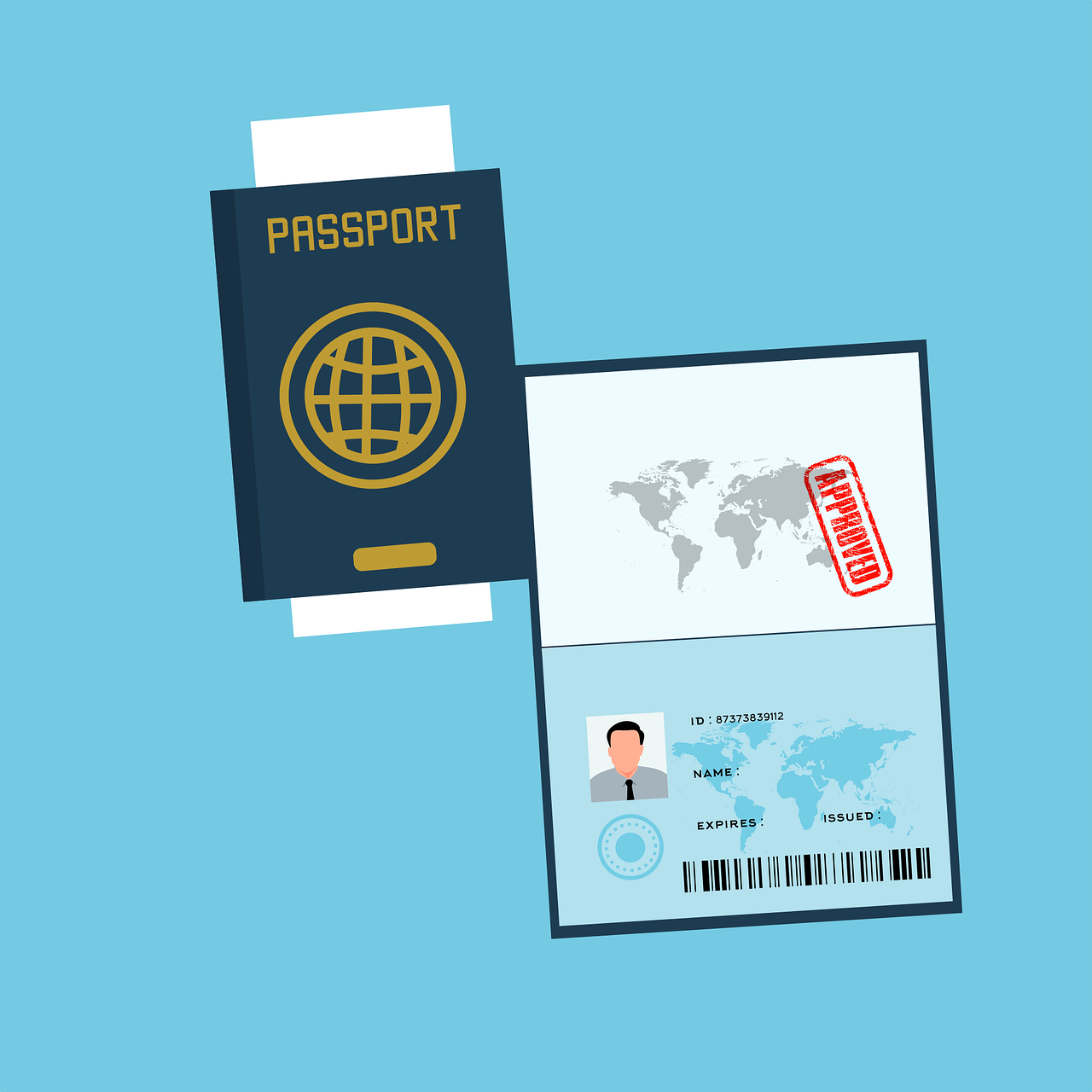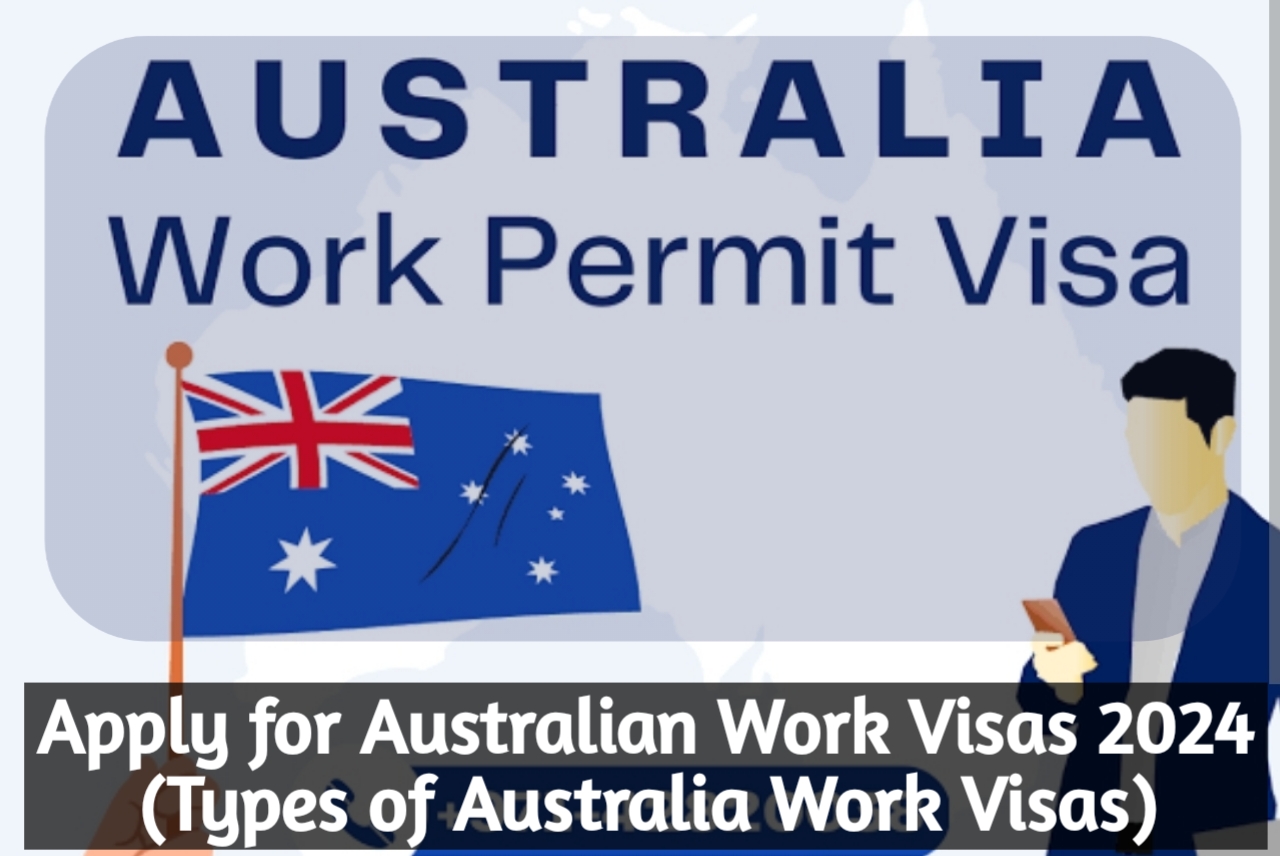Contents
ToggleAdvertisements
Marrying a Canadian citizen is one of the pathways to obtaining Canadian residency and eventually citizenship. However, the process is multifaceted and requires adherence to strict legal protocols and documentation. This article will provide a comprehensive guide on how to marry a Canadian citizen to obtain a visa, outlining the legal requirements, application process, and critical considerations to ensure a smooth and successful journey.
Everything you need to know about Canadian Immigration Law
Canada’s immigration policies are designed to reunite families and ensure that relationships are genuine. Immigration, Refugees and Citizenship Canada (IRCC) oversees these processes, and they scrutinize applications to prevent fraudulent marriages. Therefore, understanding the legal framework is crucial.
Spousal Sponsorship Program
The Spousal Sponsorship Program allows Canadian citizens and permanent residents to sponsor their spouse, common-law partner, or conjugal partner for permanent residency. To qualify as a sponsor, the Canadian citizen or permanent resident must meet specific criteria, including:
- Eligibility Requirements for the Sponsor:
- Be at least 18 years old.
- Be a Canadian citizen or permanent resident.
- Not be in prison, charged with a serious offense, or bankrupt.
- Not be receiving social assistance (except for disability).
- Eligibility Requirements for the Sponsored Person:
- Must be at least 18 years old.
- Must not be inadmissible to Canada due to criminal activity, human rights violations, health reasons, financial reasons, or misrepresentation.
Steps to Marry a Canadian Citizen and Obtain a Visa
1. Legal Marriage or Common-Law Partnership
The first step is to either legally marry your Canadian partner or establish a common-law partnership.
Legal Marriage
If you choose to marry, the marriage must be legally recognized in the country where it takes place. In Canada, this involves:
Advertisements
Obtaining a Marriage License: Couples must apply for a marriage license from the provincial or territorial government.
Conducting the Ceremony: A legally authorized officiant must conduct the ceremony.
Marriage Certificate: After the ceremony, the couple receives a marriage certificate, which is a critical document for the visa application.
Common-Law Partnership
A common-law partnership requires proof that the couple has lived together in a conjugal relationship for at least one year. Documentation such as joint leases, utility bills, and shared financial accounts will be necessary to prove the validity of the relationship.
2. Gather Necessary Documentation
For the sponsorship application, you will need a comprehensive set of documents to prove the legitimacy of your relationship and meet the requirements of the IRCC. These include:
- Proof of Relationship: Marriage certificate or evidence of common-law partnership.
- Identity Documents: Passports, birth certificates, and any legal name change documents.
- Photographs: Wedding photos, pictures of time spent together.
- Communication Records: Emails, chat logs, and call histories showing consistent communication.
- Financial Proof: Joint bank accounts, financial support evidence, shared expenses.
- Additional Documents: Police certificates, medical exams, and background checks.
3. Submit Sponsorship and Permanent Residence Applications
The sponsorship process involves two primary applications:
Advertisements
- Sponsorship Application: The Canadian citizen or permanent resident submits this application to sponsor their partner.
- Permanent Residence Application: The sponsored person submits this application for permanent residence.
Both applications are typically submitted together to the IRCC. Here’s a detailed look at each:
Sponsorship Application
The sponsor must demonstrate their ability to support the spouse financially and provide basic needs like food, clothing, and shelter. This application includes:
- Sponsor’s Undertaking: A promise to financially support the spouse.
- Sponsorship Agreement: Both parties agree to their responsibilities.
- Sponsor’s Financial Information: Proof of income and financial stability.
Permanent Residence Application
The sponsored spouse’s application requires detailed personal information and evidence of the relationship’s genuineness. This includes:
- Generic Application Form for Canada (IMM 0008)
- Schedule A – Background/Declaration (IMM 5669)
- Additional Family Information (IMM 5406)
- Relationship Information and Sponsorship Evaluation (IMM 5532)
4. Pay the Required Fees
The application process involves several fees, which may include:
- Sponsorship Fee: Covers the cost of processing the sponsorship application.
- Processing Fee: Covers the cost of processing the permanent residence application.
- Right of Permanent Residence Fee (RPRF): Paid before the issuance of the permanent resident visa.
5. Medical Examination and Police Clearance
The sponsored person must undergo a medical examination by an IRCC-approved panel physician to ensure they do not have any health conditions that could pose a public health risk or burden on the Canadian healthcare system. Additionally, police clearance certificates from all countries where the sponsored person has lived for six months or more since the age of 18 are required to ensure they have no criminal record.
6. Attend an Interview (if required)
In some cases, the IRCC may request an interview to further assess the genuineness of the relationship. This interview may take place at a Canadian embassy or consulate in the sponsored person’s home country. During the interview, applicants may be asked about their relationship history, future plans, and understanding of each other’s backgrounds.
Post-Submission Process
Application Processing Time
The processing time for spousal sponsorship applications can vary, typically ranging from 12 to 24 months. During this period, the IRCC will review the submitted documents, conduct background checks, and assess the relationship’s authenticity.
Temporary Resident Visa (TRV)
If the sponsored person wishes to visit Canada while the application is being processed, they can apply for a Temporary Resident Visa (TRV). However, obtaining a TRV can be challenging as the IRCC needs to be convinced that the applicant will leave Canada by the end of their authorized stay.
Tips for a Successful Application
- Thorough Documentation: Ensure all documents are complete, accurate, and well-organized.
- Honesty: Be truthful in your application and during any interviews.
- Consistent Communication: Maintain consistent communication with your partner and document it.
- Legal Advice: Consider consulting an immigration lawyer to navigate complex cases.
Challenges and Considerations
Genuine Relationship
The IRCC places significant emphasis on the genuineness of the relationship. Red flags include substantial age differences, language barriers, and a brief courtship period. Applicants must be prepared to provide compelling evidence to demonstrate the authenticity of their relationship.
Financial Requirements
The sponsor must prove they can support their spouse without resorting to social assistance. This financial requirement can be a hurdle for sponsors with limited income or those relying on social benefits.
Long Processing Times
The lengthy processing times can be stressful and challenging for couples, especially those living apart. Patience and consistent follow-up are essential during this period.
Legal and Cultural Differences
Understanding and respecting Canadian legal and cultural norms are crucial. This includes recognizing legal obligations, adapting to cultural differences, and preparing for potential adjustments in lifestyle.
Conclusion
Marrying a Canadian citizen to obtain a visa involves a meticulous and well-documented process that emphasizes the genuineness of the relationship and adherence to legal requirements. By understanding the legal framework, gathering comprehensive documentation, and following the necessary steps, couples can navigate the immigration process successfully. Patience, honesty, and preparedness are key to ensuring a smooth transition to life in Canada.
Advertisements



